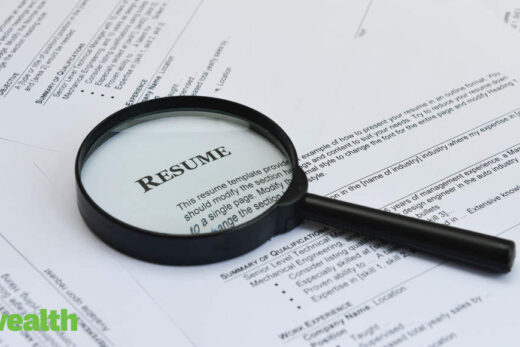Next, understand the placement rules for your campus. If you get a job offer early, can you appear for another interview later? If not, do you want to apply to an unwanted company earlier and miss out on your dream firm? Discuss with your classmates so that you are sure you have understood each potential situation.
This week’s cover story provides fresh graduates just the guidance they need at this critical juncture. The first step is building your CV and online profile. Build a professional looking LinkedIn profile with a sober display picture and clean up your social media accounts to remove immature stuff. Set aside at least two weeks to rework your CV and placement brochure profile until you reach excellence. Make sure that your resume is just one page. Check online resources and invite inputs from friends and seniors to improve your resume. Customise your resume each time you apply based on the job description and your research on the company.
Then comes the tough part. Getting ready for the selection process which may include group discussions, aptitude tests, technical interviews, subject matter interviews, coding tests and HR interviews. We tell you how to go about the interview and the mistakes to avoid. Since the process is now online due to covid, there are also tips on how to ace online interviews.
Last but not the least, we also tell you how to decipher the numbers in the offer letter. Most companies follow the cost-to-company (CTC) structure. In their excitement, the new recruits don’t spend time understanding the details and end up disappointed when their first paycheque hits their bank accounts. Often, the net take-home pay is much lower than what they expected. This can be avoided by optimising your tax savings and investments.
Also Read:
How to write 1-page resume that can increase your chances of getting through first stage of job interview
Also Read:
5 things not to put on your resume
Also Read:
8 tips to help you ace the job interview
Also Read:
How to negotiate salary during job interview and not let taxes eat into your take home pay



